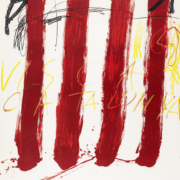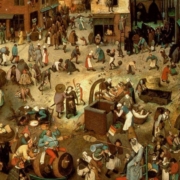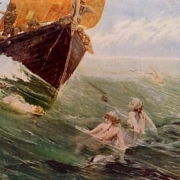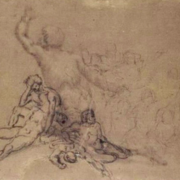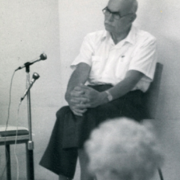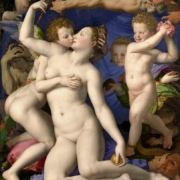Abstract
Ogden Nash’s quip implies a perfectly neutral attitude on the part of a professional to the affairs of the people he deals with. Perhaps it is a familiar view of professional people. We need our accountants, lawyers and so on to give us an objective view of our affairs. Maybe that should be what is needed from the caring professions. However, I have argued that within psychiatry carers are particularly disconcerted by the work they do (Hinshelwood, 1999; 2004). In the present paper, I wish to look in some closer detail at these interpersonal processes that occur between carers and those they care for, with particular emphasis on personality disordered people.
This Chapter will take a critical perspective, questioning and problematising the standard approach to care provision based on the consumer model as developed since about 1990 in the NHS. The critique will involve a perspective based on a relational model, in which ‘users’ will be recognised as in relation with their carers, rather than merely objects of care; and indeed ‘carers’ are, equally, in a relationship with their users. In other words the critical position is to focus on ‘users’ in context, and in the relational environment of care. Increasingly the discovery of the notion Read more

